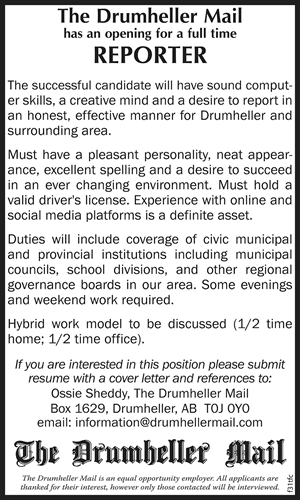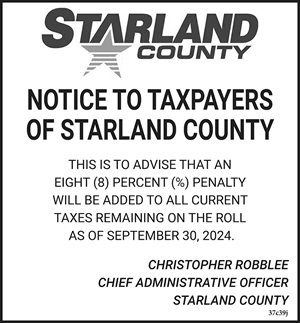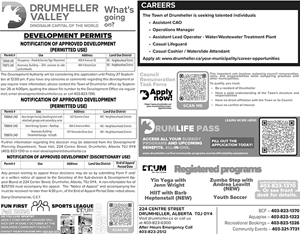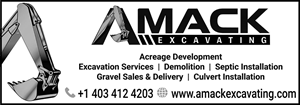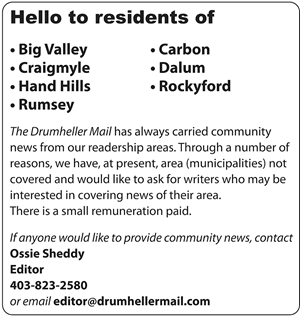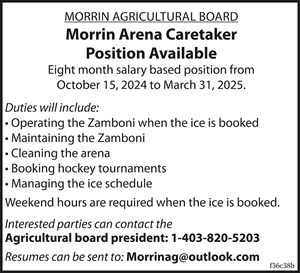
Alberta Premier Jason Kenney and Minister of Health Tyler Shandro joined Chief Medical Officer of Health Dr. Deena Hinshaw during her regular COVID update on Monday, March 1 to announce the province is moving on to Step 2 of the phased relaunch.
Hospitalizations and ICU admissions have declined since the first phase of restrictions eased in February; however, despite admissions below the threshold to enter Step 3 of the phased relaunch, the Alberta government is taking cautious steps towards a full reopen.
“We are taking a cautious approach, recognizing active cases and hospitalizations have declined, but the threat of COVID-19 remains real,” Premier Kenney said during the press conference. “Thanks to the hard work of Albertans over the past few weeks, we’re taking this safe step forward.”
Effective immediately, libraries will be permitted to reopen to the public at 15 per cent capacity--not including staff members.
Adults will also be allowed to resume indoor low-intensity individual and group exercises, though masks and three metres physical distancing between each individual are mandatory. Fitness activity will be by appointment only, with no drop-ins permitted.
Children’s sports and high-intensity activities, such as running, spin, and high-intensity interval training (HIIT), are still prohibited unless done with a paid, professional trainer.
The next phase of reopening will be considered, at the earliest, in three weeks on Monday, March 22.
As of Monday, March 1 there are five active and 210 recovered cases of COVID-19 within the Town of Drumheller. This includes four active and 64 recovered cases at the Drumheller Institution.
Starland County currently has zero active cases; Wheatland and Kneehill Counties each have five active cases.



